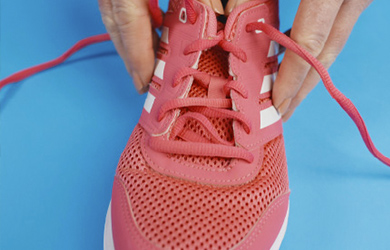
5 healthy tricks to prevent blood sugar spikes
For anyone living with type 2 diabetes, it is important to know a few things about what your blood sugar is up to. Is it going up? Is it coming down? And if so, what was your role in that?
Simple changes to your lifestyle and eating habits can help to reduce your risk of heart disease.1
Navigating the supermarket aisles and avoiding the temptation to buy pre-packaged foods can be a challenge, but simple adjustments to how you fuel your body can improve your health and well-being. For example, swapping out processed or pre-packaged, high sodium, high sugar foods for plant based alternatives, wholegrains and foods rich in vitamins, minerals and omega 3 will help to lower your cholesterol 2 and help you take back control of what you are eating.
Whilst giving up smoking may feel like the biggest hurdle to overcome, it is also one of the best things you can do to reduce your risk of heart disease 3. Putting in place a plan to quit, with the support of your doctor, family and friends will help you stick to your goals and quit for life.
Moving your body by doing an activity or sport that you enjoy is a great way to help manage diabetes. When you’re active, your cells become more responsive to insulin and therefore can work better,4 so even small changes to your daily activities, such as taking the stairs instead of the elevator, will lift your overall mood and provide health benefits.
Change can be hard, and taking the first step the biggest challenge of all, but the health and lifestyle benefits will be worth it both in the short and long term.
